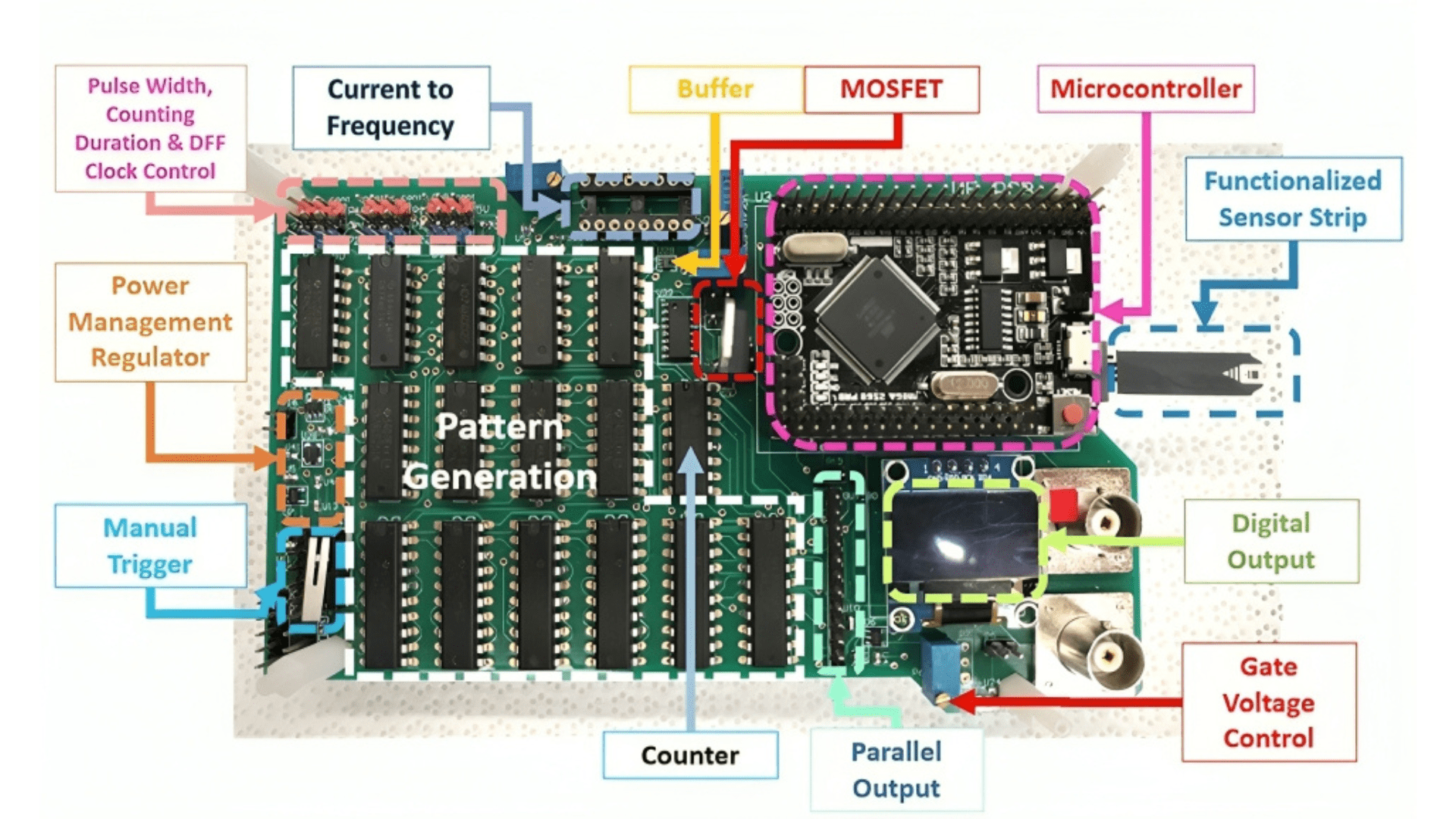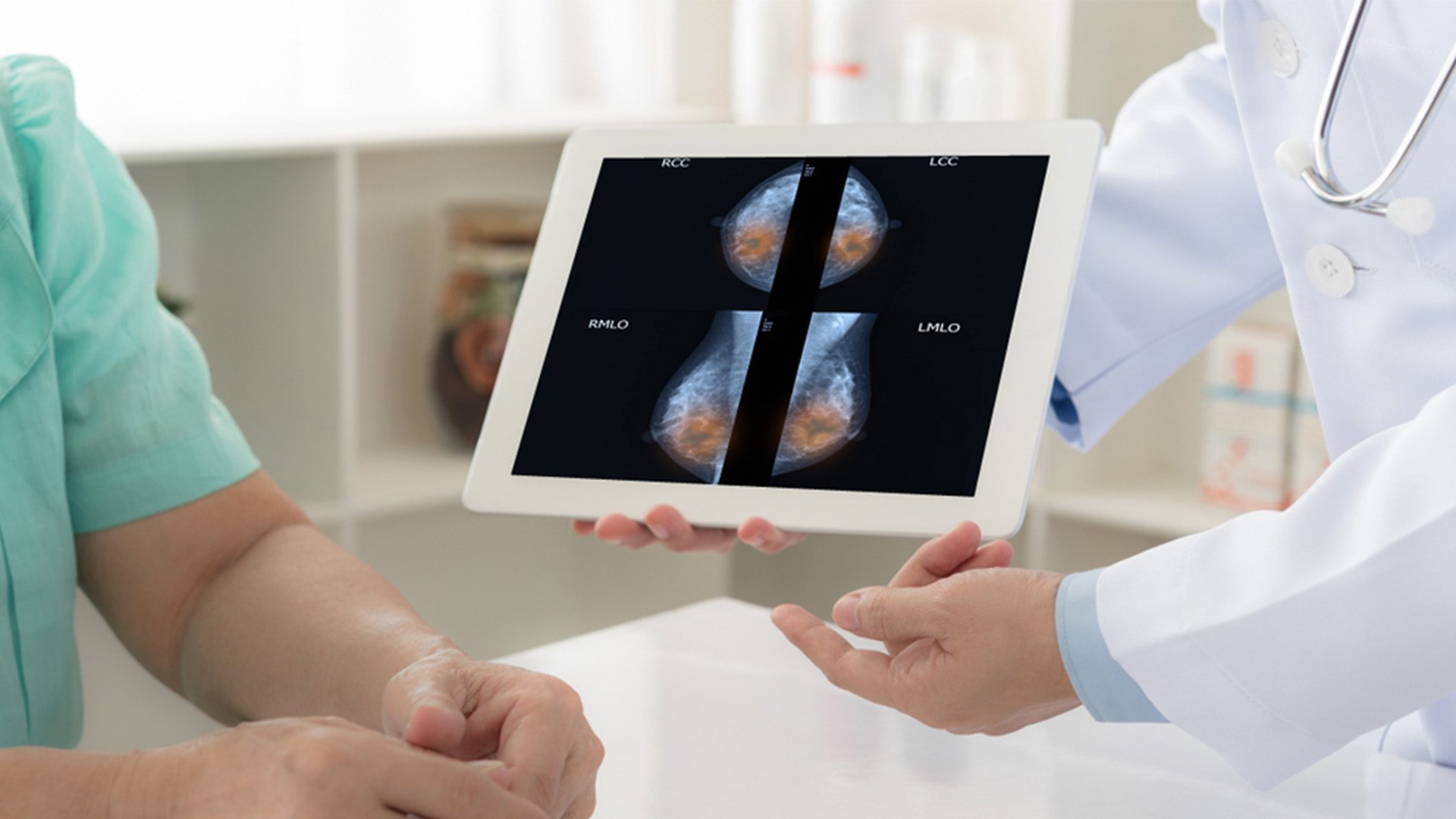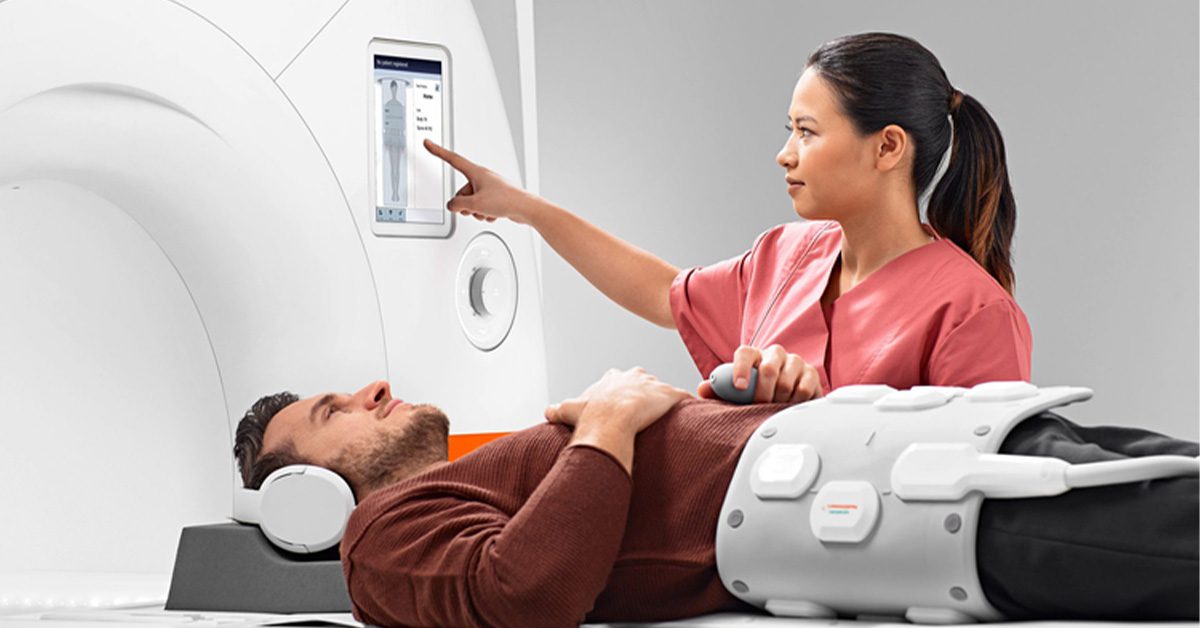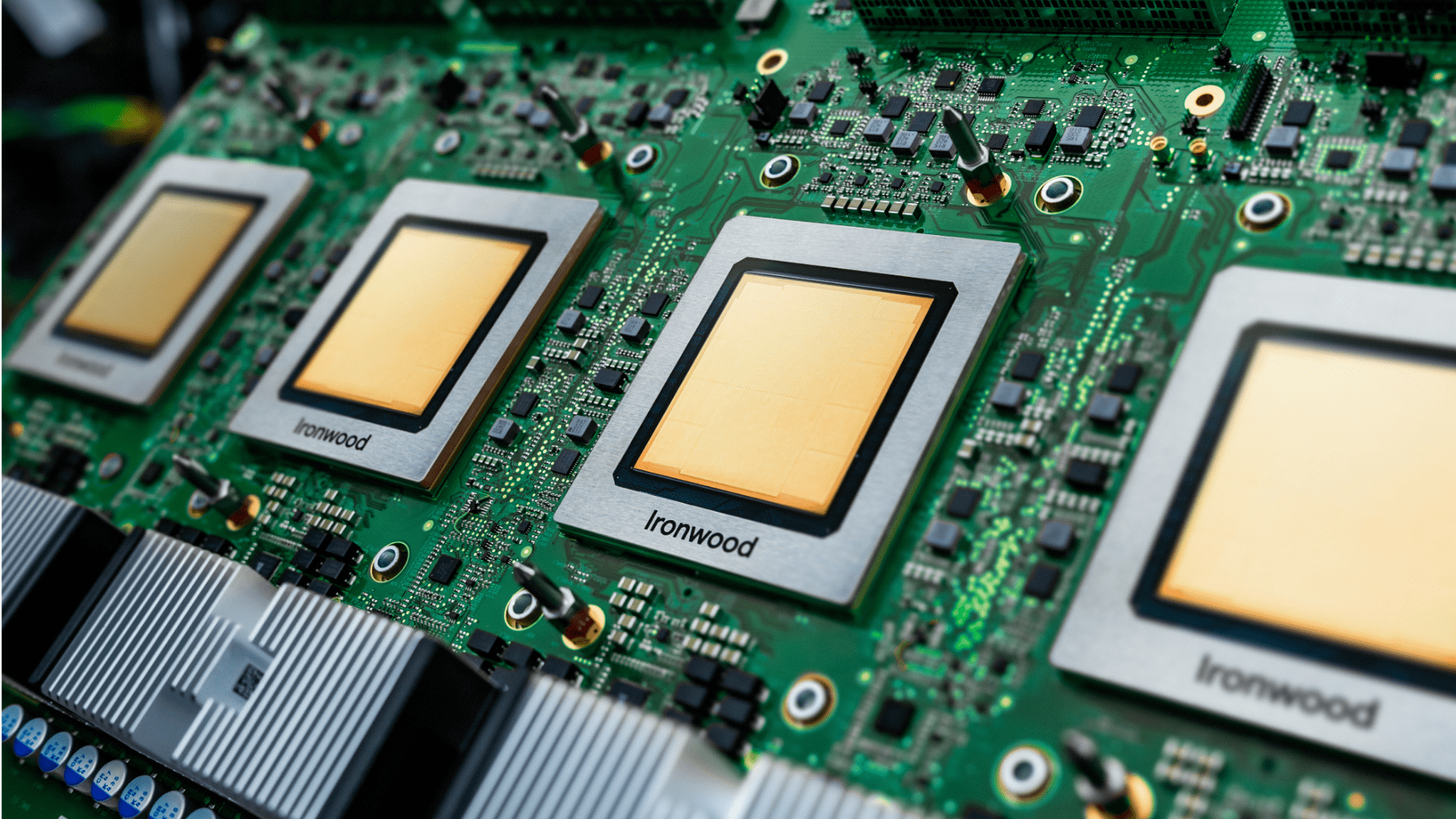Detecting breast cancer in the early stages could help save lives. Researchers from the University of Florida reported successful results from a new hand-held screening device.
Detecting Breast Cancer with Saliva
Typically, doctors test for breast cancer with a mammogram or MRI. These methods are typically expensive and results take upwards of seven days. The researchers from UF collaborated with the National Yang Ming Chiao Tung University in Taiwan to create a hand-held biosensor that tests saliva using glucose testing strips that are widely accessible.
Because the device is compact and uses common components, the researchers believe it opens up a world of new testing possibilities, specifically, for parts of the world that have trouble accessing modern testing techniques.
Author of the study Hsiao-Hsuan Wan said, “Imagine medical staff conducting breast cancer screening in communities or hospitals.” Furthermore, he explains the device’s convenience, “Our device is an excellent choice because it is portable — about the size of your hand — and reusable. The testing time is under five seconds per sample, which makes it highly efficient.”
Explore Tomorrow's World from your inbox
Get the latest science, technology, and sustainability content delivered to your inbox.
I understand that by providing my email address, I agree to receive emails from Tomorrow's World Today. I understand that I may opt out of receiving such communications at any time.
How it Works
Like most sensors or biosensors, this device relies on electric pulses. It starts with paper test strips treated with specific antibodies that interact with the targeted cancer biomarkers. Researchers say the saliva sample is placed on the test strip and electric pulses are sent to contact points on the device. Those pulses bind the antibodies and the biomarkers together eventually changing the output signal. Finally, that signal is measured and translated into digital information.

The researchers conducting the study double down on the device’s efficiency and cost-effectiveness. Compared to alternative methods, they say it’s revolutionary. Mammograms, MRIs, and ultrasounds cost a lot of money and require heavy, specialized equipment. Each test strip only costs cents and the reusable circuit board costs $5. Additionally, the device is portable, giving it a major advantage.
Wan said, “In many places, especially in developing countries, advanced technologies like MRI for breast cancer testing may not be readily available.” The researchers are excited about the possibility of making a significant impact in areas without breast cancer screening resources.
Wan said, “Ultimately, we’ve created a technique that has the potential to help people all around the world.”







